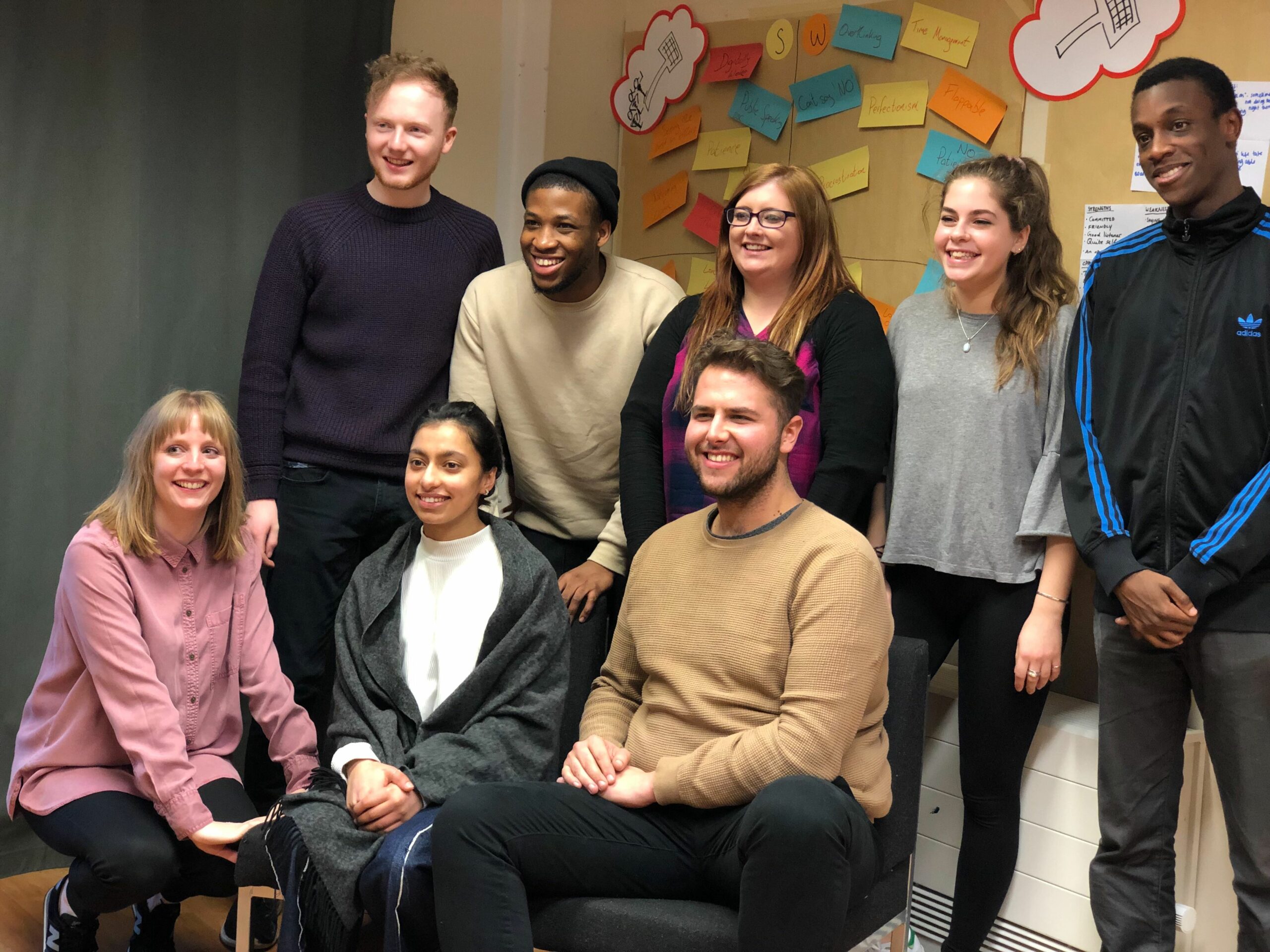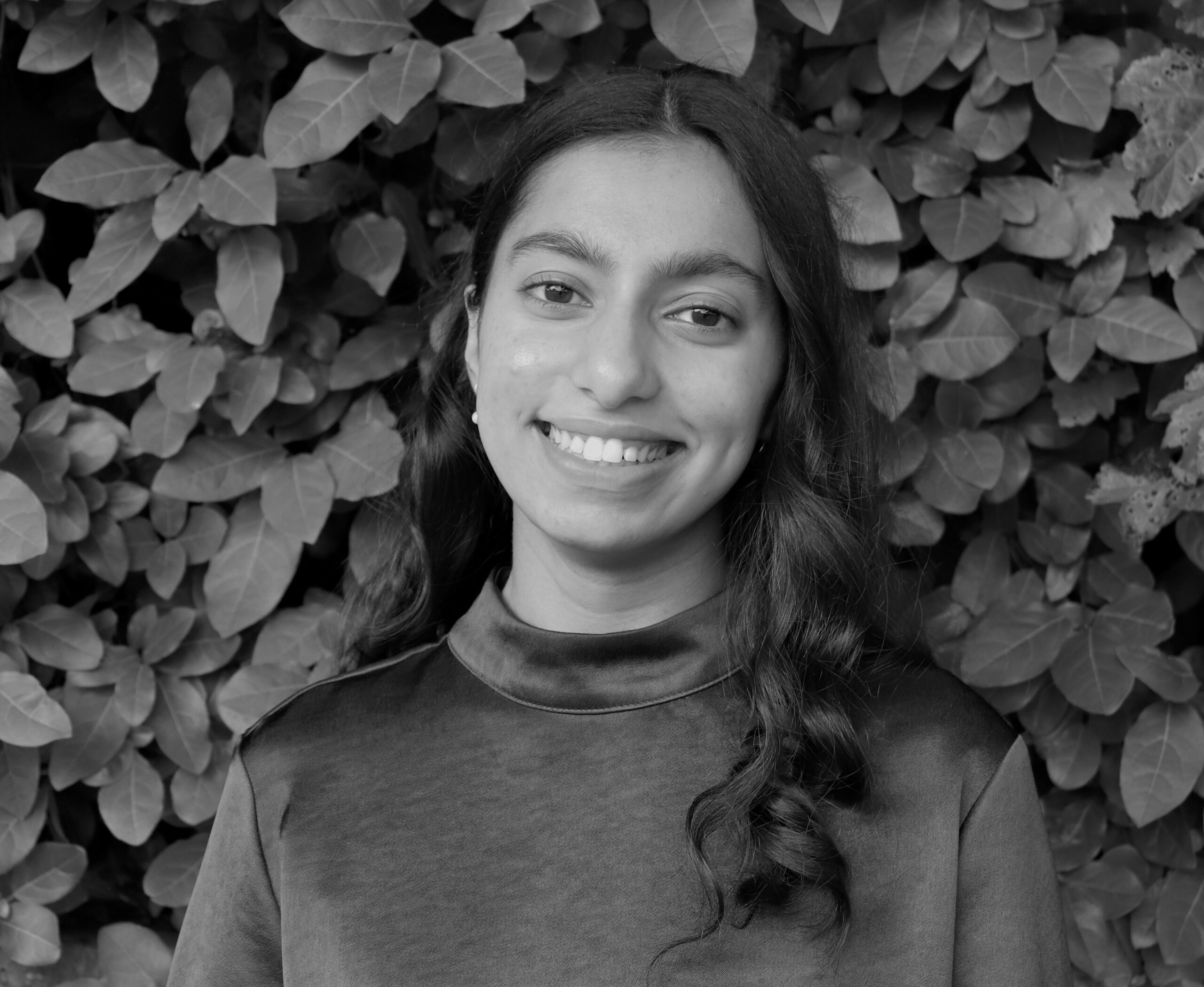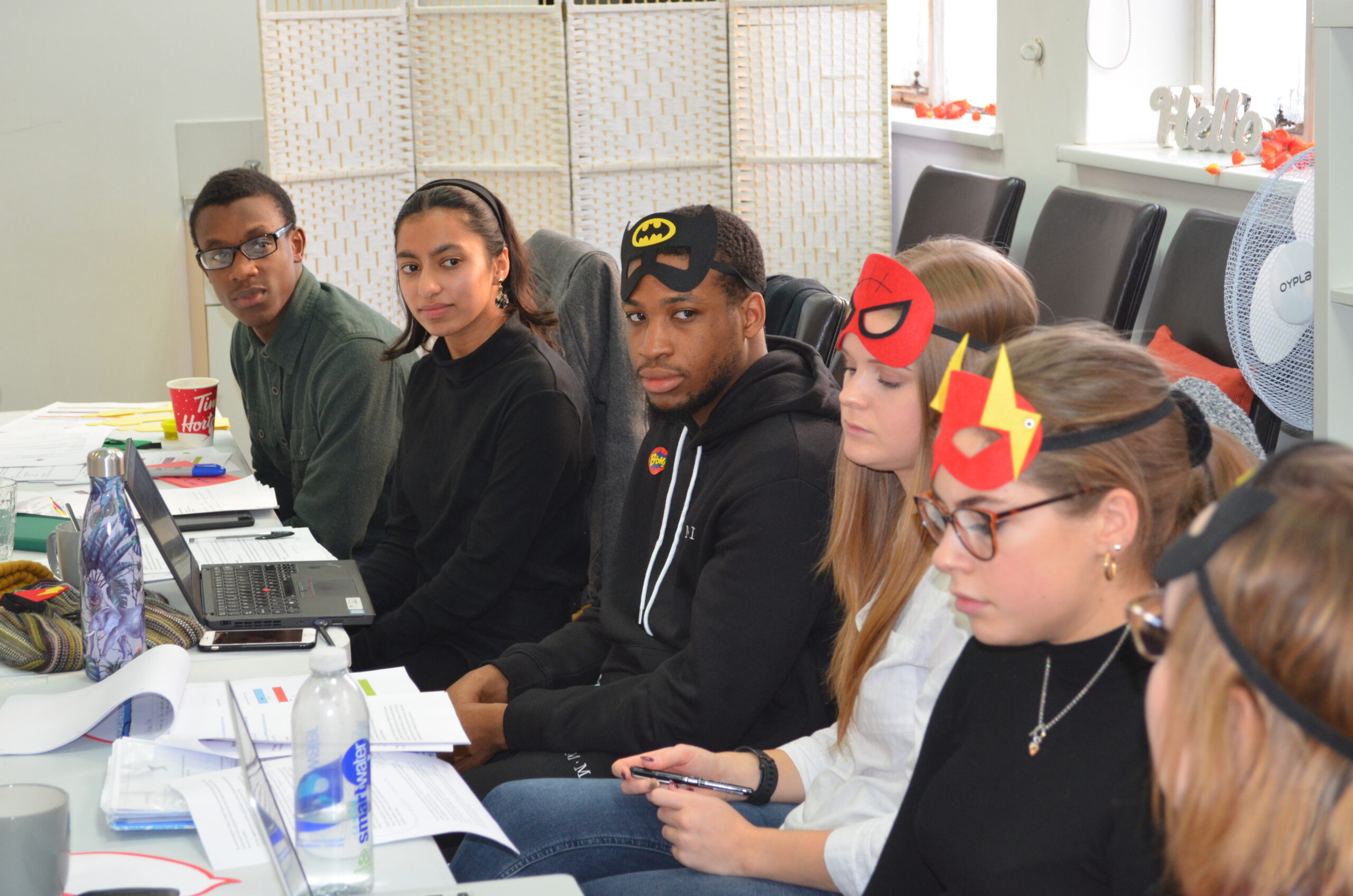As this phase of the panel comes to a close, we asked YAP Chair Sana Amin to reflect on why more should be done to give young people a say.

“There’s still so much to do”: YAP chair Sana Amin reflects on the importance of youth leadership

Even if some sceptics remain, it’s generally accepted that in the world today the future lies with young people. The line you hear often (even ad nauseum) is that the youth will be ‘the leaders of tomorrow’ – the next presidents, MPs, top bankers and company directors. While there’s some truth in that, there’s more in this: young people are already the leaders of today. In a year where many of them, showed bravery in the face of a pandemic and stepped up in global movements like Extinction Rebellion and Black Lives Matter they showed that youth doesn’t just have potential – it has power.
Recognising this, organisations often fall over themselves to appeal to the youth, though not enough go as far as giving young people a voice. At Spirit of 2012, we have tried to ensure that youth voice is at the centre of all we do. It’s why we signed #iwill’s Power of Youth Charter recently, but going back even further, we set up a Youth Advisory Panel to help achieve this.

Every other year, the YAP is given responsibility for allocating money through their Challenge Fund to projects they feel will empower young people. They manage the entire process – from setting out the initial application criteria to making the final decisions on allocating funds. The most recent incarnation awarded £100,000 to Whitely Bay Big Local’s Bay Create project which uses creativity and coastal landscapes to bring under 25s and over 60s together.
As this phase of the panel comes to a close, we asked YAP Chair Sana Amin, who is also coming to the end of her term on Spirit’s Board, to reflect on her time with us and why more should be done to give young people a say.

What attracted you to being part of Spirit’s Youth Advisory Panel?
“Having led social action campaigns in my local community, I was curious and eager to learn more about having positive impacts and delivering change on a national scale.
“I was inspired by the London 2012 Olympics, seeing the transformational change of communities and coming together through sports events that it brought with it. This was something which was reflected with Spirit’s missions and values, which made it seem right for me to get involved.
“The autonomy and platform that Spirit gives young people to lead and create unique projects with the £100,000 YAP Challenge Fund is not something you see very often. I’ve loved having the opportunity for personal development, learning skills and to be exposed to new knowledge.”
You also sit on Spirit’s Board. How does that experience differ from being part of the YAP and how do you feel about being the youngest Board member?
“YAP feels more dynamic; you have energy and ideas of other young people and space to be more in control, more innovative. However, while being a board member, you can learn from the vast experiences of other board members, with increased access to governance and finance structures within the grant-giving and charity sectors.
“I try to challenge expectations of young people and people of colour, showing that they can channel the responsibility of a board role whilst also ensuring that youth voice is at the centre of the organisation and provide my voice equally. My inclusion on the Board is a step in the right direction, but with only 3% of trustees in charities under the age of 30, there is room to improve.
“My advice for other young people is to go out there and try for yourselves. Challenge business, charities and organisations to re-think their strategies and structures to invest in young leaders. We must have diversity of perspectives to encourage healthy debates and meaningful decisions for better change.”

What has been your favourite moment or proudest achievement in either role?
There have been many moments but becoming chair and having the opportunity to choose my team members was the best. They show diversity of thinking and ideas, as well as vast amounts of lived experience to express. This was showcased by the innovative and creative challenge fund project and empowered meetings.
They have built their personal skills to become young leaders and it has been amazing to work with a group of energetic, enthusiastic and committed young leaders.
Why is youth inclusion so important, from a young person’s perspective and for organisations themselves? What can organisations do to improve when it comes to meaningful youth inclusion?
Young people get the opportunity to develop skills, challenge expectations, grow their network and make a difference, as well as feel and know their voice is heard and actioned upon.
For organisations, they will have a better idea of how to navigate and reflect the interests and needs of local communities, future proof decision making and invest in the future (now) of leaders. They will also be challenged to bring innovative and unique ideas that are different from traditional structures.
As of the pandemic, young people are affected the most both economically and socially, in terms of employment and wellbeing, and if we are not part of informed, high-level decision-making, this is not a true reflection of society.
This past #iwill Week was a great opportunity for me to reflect on my journey so far and understand that there is more to do both individually and at organisational level. It’s a positive step that Spirit has decided to sign the Charter. We should all be held accountable and seek to channel the power of youth.
To find out more about Spirit of 2012’s plans to include an amplify youth voice in their work, read our Power of Youth pledges.
Read more about Spirit’s Youth Advisory Panel and the most recent project they funded, Bay Create.
